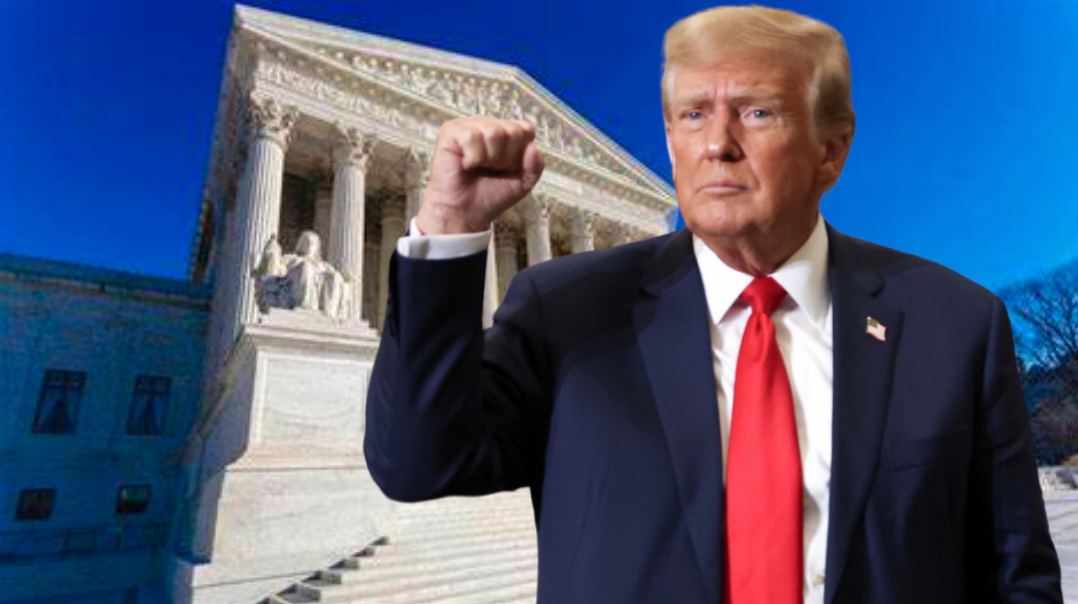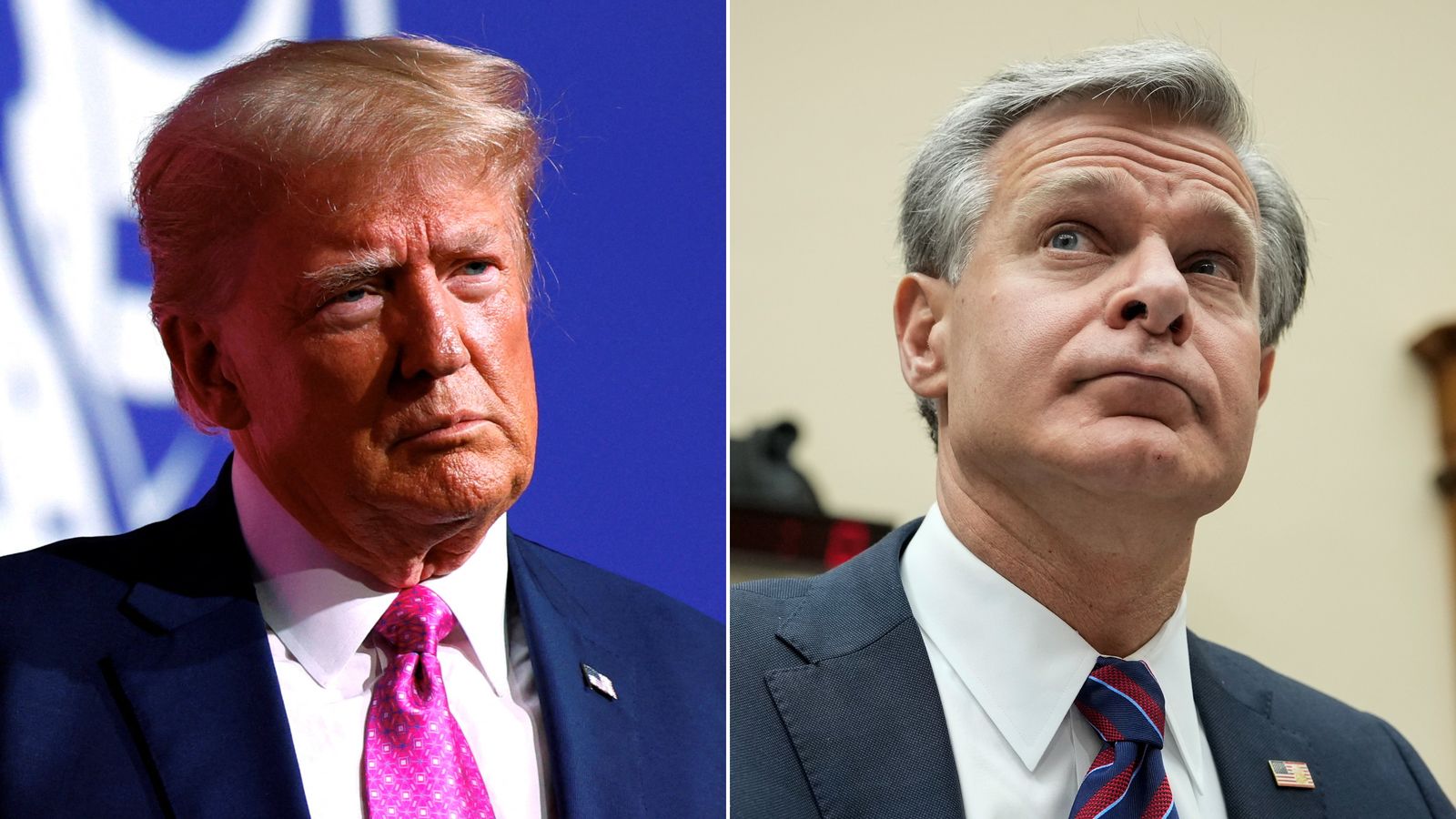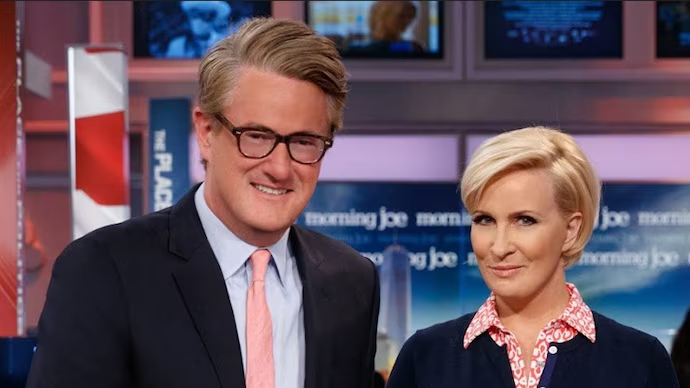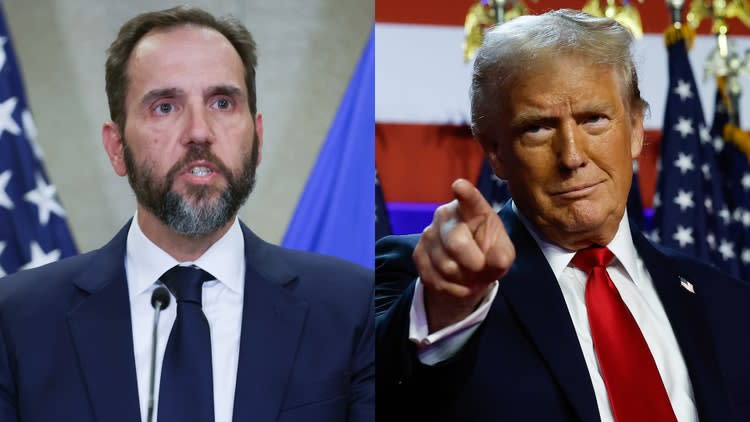BREAKING: Judge Chutkan’s Order Denying Presidential Immunity in Trump J6 Case Officially Vacated After SCOTUS Ruling
In a landmark decision, the United States Supreme Court has vacated Judge Tanya Chutkan’s order that previously denied former President Donald Trump presidential immunity in relation to the January 6th Capitol riot.
“On consideration whereof, it is ordered and adjudged by this Court that the judgment of the above court is vacated with costs, and the cases is remanded to the United States Court of Appeals for the District of Columbia Circuit for further proceedings consistent with the opinion of this Court,” a document from the Supreme Court, obtained by journalist Julie Kelly, stated.
This ruling reaffirms the principle of presidential immunity for official acts, a cornerstone of American legal precedent.
The Supreme Court’s Ruling
The Supreme Court’s ruling underscores the separation of powers and the protections afforded to a sitting president. The court found that Trump’s actions, taken in his official capacity as President, are shielded from legal liability. This decision is consistent with the long-standing doctrine that seeks to insulate the executive branch from judicial overreach and political retribution.
Justice Samuel Alito, writing for the majority, emphasized, “The immunity of a sitting president for actions taken within the scope of official duties is a fundamental aspect of our constitutional structure. To erode this immunity would be to invite endless litigation and paralyze the executive branch.”
This sentiment reflects the conservative perspective that judicial interference in presidential actions could lead to detrimental effects on the functionality and independence of the executive office.
Judge Chutkan’s Initial Order
Judge Chutkan had originally ruled against Trump’s claim of presidential immunity, arguing that his actions surrounding the January 6th events were not protected under this doctrine. Chutkan’s decision was met with significant criticism from conservative legal scholars who viewed it as an overreach of judicial authority and a politicized move against the former president.
Chutkan stated, “No president is above the law,” a statement that, while fundamentally true, was interpreted by many as an overextension in this context. The notion that Trump’s speech and actions on January 6th fell outside the realm of his presidential duties was seen as a subjective interpretation rather than a concrete legal standard.
Reactions from the Legal Community
The Supreme Court’s decision has been hailed by conservative legal experts as a victory for constitutional integrity. John Eastman, a prominent legal scholar, remarked, “This ruling affirms that the judiciary cannot undermine the executive branch’s autonomy. Presidential immunity is crucial for the maintenance of balanced governmental power.”
Critics of the decision, primarily from progressive circles, argue that this ruling could set a dangerous precedent, allowing presidents to act with impunity. However, this perspective overlooks the importance of safeguarding the executive office from frivolous lawsuits and politically motivated legal challenges.
Political Implications
This decision is likely to have significant political ramifications, particularly as Trump continues to be a prominent figure within the Republican Party. It strengthens his position, suggesting that his actions while in office are deemed legally protected, thus potentially influencing public opinion and the narrative surrounding the January 6th investigation.
The ruling also sets a precedent for future presidencies, reinforcing the concept that actions taken within the scope of presidential duties are immune from legal challenges. This is a critical reinforcement of the separation of powers that ensures the executive branch can function without undue interference from the judiciary.
Public and Media Response
The media response to the Supreme Court’s decision has been predictably polarized. Conservative outlets have lauded the ruling as a victory for constitutional law and presidential authority. The Post Millennial reported, “The Supreme Court’s decision is a reaffirmation of the legal protections that are essential for the executive branch’s independence and efficacy.”
In contrast, progressive media outlets have framed the ruling as a setback for accountability, though this interpretation fails to consider the broader implications for the stability and functionality of the presidency.
Future Legal Landscape
This ruling will undoubtedly influence future legal battles involving presidential actions. It sets a clear standard that official acts, even those that are controversial or unpopular, fall within the protective scope of presidential immunity. This precedent ensures that the judiciary remains a check on executive power without becoming a tool for political vendettas.
Conclusion
The Supreme Court’s decision to vacate Judge Chutkan’s order is a significant affirmation of presidential immunity. It reinforces the separation of powers and ensures that the executive branch can operate free from judicial overreach. As the legal and political landscapes continue to evolve, this ruling stands as a testament to the enduring principles of American constitutional law.
